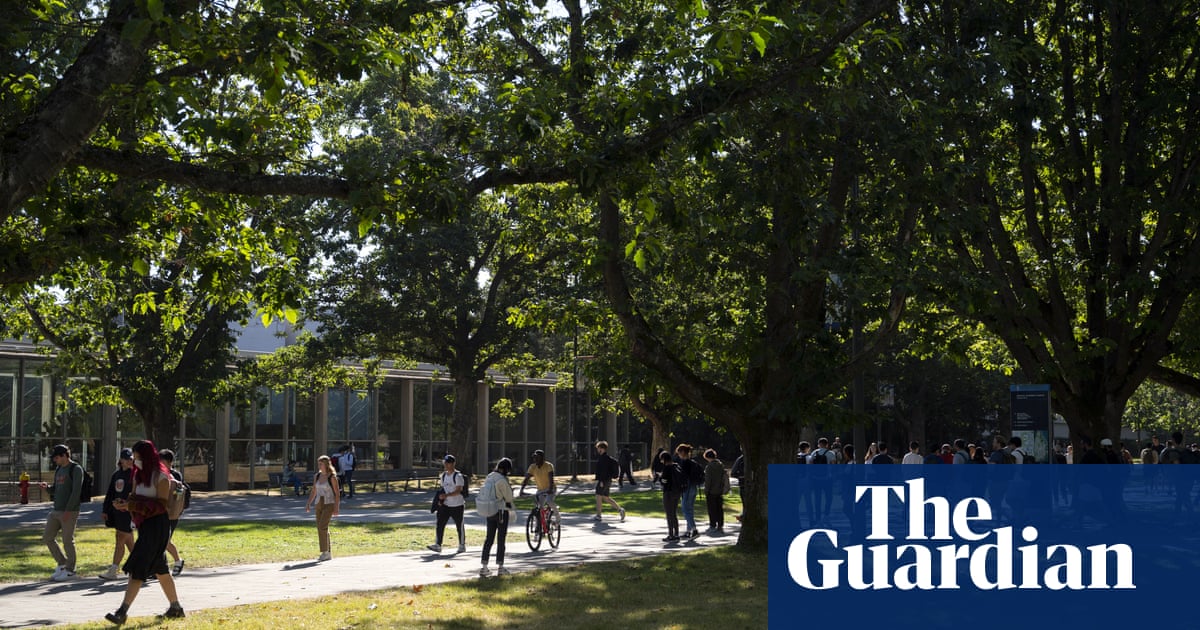More than a quarter of women in England are living with a serious reproductive health issue, according to the largest survey of its kind, and experts say “systemic, operational, structural and cultural issues” prevent women from accessing care.
The survey of 60,000 women across England in 2023, funded by the Department of Health and Social Care and analysed by academics at the London School of Hygiene & Tropical Medicine, found that 28% of respondents were living with a reproductive morbidity, such as pelvic organ prolapse, uterine fibroids, endometriosis, polycystic ovary syndrome, or cervical, uterine, ovarian or breast cancer.
Almost a fifth (19%) of women reported experiencing severe period pain in the last year, and 40% of respondents reported heavy menstrual bleeding. More than 30% of participants aged 16-24 reported severe period pain.
Stark ethnic inequalities were revealed by the survey. More than a third (38.1%) of black women reported a reproductive condition, compared with 27.7% of white women, making black women 69% more likely to have such a condition than their counterparts after adjusting for age. This was caused by a large difference in the percentage of women reporting uterine fibroids: 19.8% of black women reported having the condition, compared with only 5% of their white counterparts.
One woman told the Guardian of the debilitating pain caused by a severe case of uterine fibroids. “The pain was horrendous,” said Rebecca Brown, a 46-year-old graphic designer from south London. “I couldn’t walk, I had to use heat pads all the time and my whole life changed in a second.”

Brown, who said she felt dismissed by NHS consultants at first, eventually had surgery that found three large fibroids measuring up to 12cm each. After being diagnosed Brown, from a mixed heritage background, found out that black and mixed women were at a higher risk of developing fibroids.
“I was initially never told what fibroids were, and was given no advice on pain management or whether I needed a scan,” said Brown. “I now know that with black women, fibroids can be more aggressive.”
Overall, 74% of women reported experiencing a reproductive health problem recently related to menstruation, menopause, pregnancy and diseases such as endometriosis and polycystic ovary syndrome. Applying the results to the population of 16- to 55-year-old women living in England, the researchers estimate more than 10 million women were dealing with, or have recent experience of, at least one of the reproductive health related issues examined.
The reproductive or menstrual health issues considered by the survey include heavy or severely painful periods, menopausal symptoms, infertility, pregnancy loss, or reproductive morbidities such as endometriosis or polycystic ovary syndrome.
Dr Melissa Palmer of the London School of Hygiene & Tropical Medicine, the lead author of the research said: “For the first time, we have been able to estimate the percentage of women and people assigned female at birth who are experiencing – or have recent experience of – any reproductive health issue.
“It is a stark finding that almost three-quarters of those surveyed reported recent experience of at least one reproductive health related issues we examined. We know there are important ethnic inequalities in maternal health in Britain – our findings suggest that these extend to other aspects of reproductive health.”
Paulette Hamilton, the MP for Birmingham Erdington and chair of the all-party parliamentary group on black health, said: “The findings of this landmark survey confirm what black women have known for decades: our reproductive health is in crisis. Yet our pain is too often dismissed, underresearched and inadequately treated.
“The fact that black women are 69% more likely to suffer from serious reproductive conditions than white women is not just a disparity, it is systemic neglect.”
She added: “It is imperative that we address these disparities by investing in targeted research, prioritising culturally competent care, and dismantling the structural racism that leaves black women bearing the brunt of reproductive injustice.”
Dr Ranee Thakar, president of the Royal College of Obstetricians and Gynaecologists, said the findings painted a “sad but unsurprising picture” of the reality for women with reproductive health issues in England.
She added: “Serious conditions like fibroids and endometriosis can have a devastating impact on almost every aspect of a person’s life, including impacting their physical and mental health, and their ability to work and socialise. Too often, systemic, operational, structural and cultural issues mean women do not get the care they deserve and our current system risks entrenching the health inequalities we can see in these findings.
“The RCOG is committed to working with the government and NHS leaders to ensure that the 10-year health plan puts women’s health at its heart.”
Prof Faye Ruddock, chair of the Caribbean and African Health Network, said that nearly every other black women she had spoken to had a “lived experienced of reproductive health challenges like uterine fibroids, endometriosis, heavy bleeding, and painful periods.
“I have seen first-hand how these complex issues cannot be pinpointed to single causes but stem from a combination of factors including genetics, environmental stress, and systemic healthcare inequities.
“To address these disparities, we must ensure equitable access to healthcare services which are underpinned by culturally sensitive care that is tailored to meet the needs of black women. We must also raise awareness about these conditions and how they present differently in black women.”
A Department of Health and Social Care spokesperson said: “We recognise that stark health inequalities exist in Britain today, and we will tackle these head-on as part of our plan for change. This starts with listening to all women to ensure they receive the high-quality care they deserve, regardless of their ethnicity.
“Our success in cutting waiting lists will benefit all patients, including women suffering from gynaecology issues.”

.png) 5 days ago
11
5 days ago
11













































